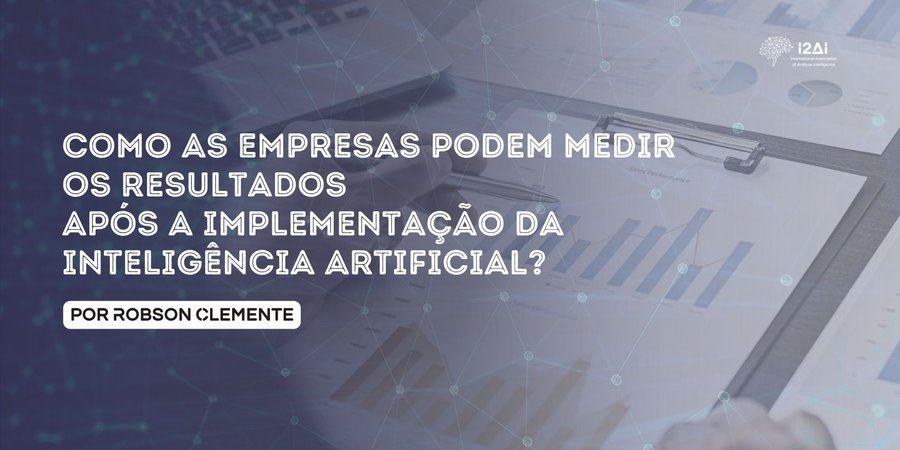
A Promessa e o Perigo da Nova Revolução Digital
A nova corrida tecnológica global levanta uma pergunta urgente: estamos prontos para confiar na inteligência que criamos?

A integração de ferramentas de inteligência artificial (IA) nas práticas empresariais modernas não é apenas uma tendência, mas uma necessidade estratégica para melhorar a eficiência, reduzir custos e otimizar recursos.
À medida que o cenário tecnológico evolui, torna-se imperativo para os gestores não só entender o potencial dessas ferramentas, mas também saber como medir seu impacto real nas operações diárias.
No coração dessa integração está o processo de mapeamento, uma fase preliminar que estabelece a fundação para avaliação posterior.
O mapeamento de processos permite uma análise detalhada do funcionamento interno de uma empresa, identificando onde e como a IA pode ser implementada para maximizar os benefícios. Esse entendimento inicial é crucial, pois fornece uma linha de base contra a qual os progressos podem ser medidos.
Um aspecto fundamental da adoção de IA é a capacidade de quantificar seu impacto. Isso é feito através do estabelecimento de indicadores claros que refletem a eficiência antes e depois da implementação das ferramentas de IA.
Por exemplo, a redução no número de horas necessárias para completar uma tarefa e a diminuição do número de funcionários envolvidos são indicativos tangíveis da otimização do processo. Esses indicadores não só demonstram a economia de recursos humanos, mas também podem levar a uma redução direta nos custos operacionais.
Além das economias diretas, a adoção de ferramentas de IA pode resultar em benefícios indiretos, como a redução do uso de matérias-primas em processos de manufatura.
Essas economias indiretas, embora às vezes menos óbvias, são igualmente importantes para a sustentabilidade financeira e operacional de uma empresa. Portanto, os indicadores escolhidos devem refletir uma gama de benefícios, tanto tangíveis quanto intangíveis, para fornecer uma avaliação abrangente do impacto da IA.
A adoção de IA, portanto, exige uma abordagem holística que considere não apenas os benefícios imediatos, mas também os impactos a longo prazo.
Os gestores devem se empenhar não só em escolher as ferramentas certas, mas também em estabelecer práticas de monitoramento contínuo para avaliar e ajustar as estratégias de IA conforme necessário.
Essa abordagem dinâmica é fundamental para garantir que as empresas permaneçam ágeis e competitivas em um ambiente de negócios em constante mudança.
Consultor de marketing e comunicação e pesquisar de IA

A nova corrida tecnológica global levanta uma pergunta urgente: estamos prontos para confiar na inteligência que criamos?

Por que dominar a IA será a nova alfabetização do século XXI

Conselhos de Administração devem evoluir da supervisão reativa para a antecipação estratégica, frente à crescente complexidade e volatilidade dos ambientes de negócios.

De 14 a 25 de julho, reserve suas manhãs das 08h00 às 09h30 para participar da tradicional Maratona I2AI! Uma jornada intensa com debates e palestras sobre temas essenciais: Ética,